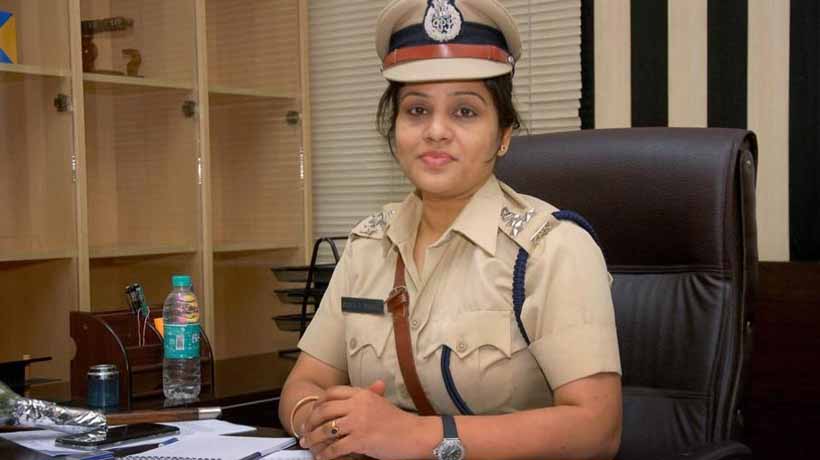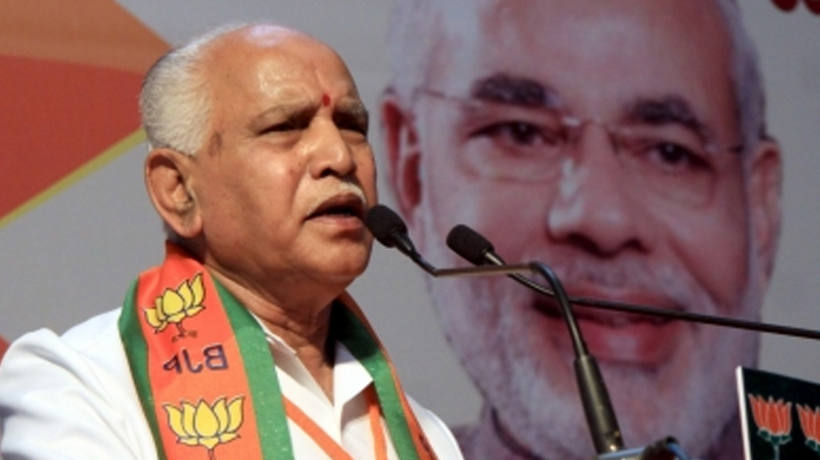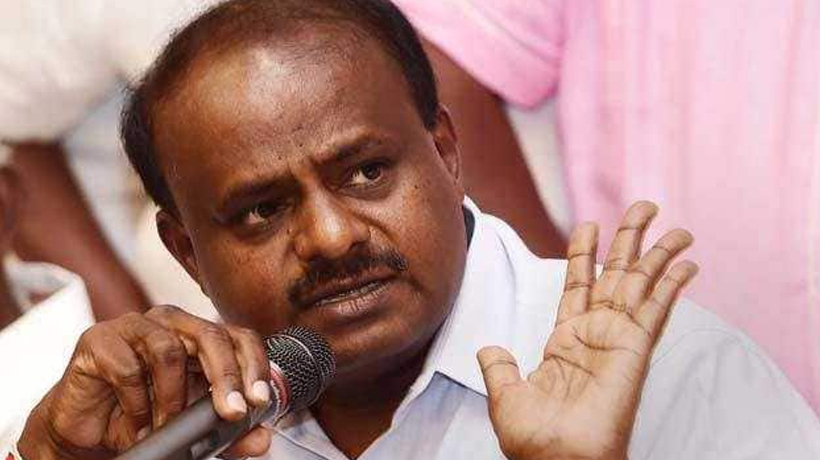Trending Now
- IPL 2024 begins with a bang. First contest between CSK and RCB.
- Election commission allots mike symbol to Naam Thamizhar Katchi
- AIADMK promises to urge for AIIMS in Coimbatore, in its election manifesto.
- Ponmudi becomes higher education minister.
Bangalore News
IPS Roopa speculates vested interest as the reason for awarding IFS Dipika Bajpai with NBA
![]() March 29, 2018
March 29, 2018
IPS officer Roopa D Moudgil who shot to limelight after she exposed the VIP treatment being meted out to Sasikala at Parappana Agrahara jail, needs no introduction. We speak to her about the latest controversy involving NBF and what it means to be a woman in power in a male dominated profession. Read on…
“Every government servant is expected to maintain neutrality fromall quasi-political bodies. Only then a public servant can maintain a clear image.” How difficult is it to maintain this neutrality?
The structure of our bureaucracy, the government as per our constitution is such that there are elected representatives who form the government, become CM and PM. Bureaucracy is under them, they have to work for them. Therefore, we carry out every government’s plan and policies. Even there, public servants should implement law in a detached way. There could be some measures which are against the law; sometimes in good faith or bad faith, then it is the duty of a bureaucrat to quote rules and talk about implementation within the framework. It can happen verbally or they can to put it down in writing. Bureaucrats need to understand that the political boss’s order can be in contradiction to the permitted rule and law, therefore they need to put their foot down.
Common man looks upto the police for security and support but nowadays the same common man is afraid to approach police. What can be done to change the image and what has given them this reputation?
Image of the police has remained more or less the same in these years. Though lot ot of police officers have, in their individual capacity, or systematically tried doing community policing, friends for police, to build a relationship with the common man. Old wine in a new jar has been experimented in all the states. We keep doing this exercise, .especially the top ranking officers realise the importance of it. But unfortunately, when it trickles down, for eg: the police man on the road; he is standing for hours, tired, may miss out on many things because he gets desensitized. Sometimes police lacks empathy because they get desensitized dealing with similar cases everyday which isn’t the right thing. There are a lot of gender sensitization programmes but we still have a lot to do.
Someone who is serving the people with utmost truth and fearlessness has had 41 transfers in 18 years. Should the future aspirants be aware of the ground reality of this service?
They shouldn’t get dejected by this. I treat it like medals. You shouldn’t stay in one place for very long anyways because there are many vested interests; or people with vested interest may exert pressure or you yourself may develop vested interest. I think one year tenure is quite good.
How difficult is it to be a woman in a primarily male dominated profession? Is gender sensitivity overlapping the need for equal treatment?
Of Course there is this dichotomy. When we were trained in National Police Academy you are an officer first and then a woman. This is ingrained in all of us. We do the same physical activity and task and we develop stamina (physical and mental) with those tasks. So, we aren’t seen as women. But, once you start working, the society reminds you more about being a woman with the discrimination in posting etc. I never said, that I am a woman so be sensitive towards me. We never use woman card in bureaucracy. But nature has been unkind, biological and career clock is in conflict with each other. If you want to be a mother, you have to take maternity leave etc etc. So, men colleagues should understand and be sensitive.
Could you talk about the recent controversy. You have stated that you have declined the award but NBF says that you never got the award in first place. Did you lobby for it?
The award ceremony was scheduled to take place on the 25th, till then nobody knew who is the winner because it is their policy to not announce till the last minute. The said MP got elected from a particular party on the 22nd and I decided to decline the award on the 23rd. I never mentioned that I got the award and I am returning it. What I meant is that, I was one of the nominees who had a fair chance to win the award but I declined. I got passes to attend the function but after 22nd I changed my mind. What is the point in keeping quiet, accepting the passes and then attending the function, only to decline later? I sent this letter to the association and I brought it to the notice of the chief secretary, and DGIGP on whatsapp about the rules. I told them that the elections are coming, so I won’t be going. Others can be informed about it too, so that they don’t flout rules. To that, madam said that she will inform the HODs respectively. Through the department of DPAR everybody was informed, even the lady who has got the award was informed about the rules. After that, many declined, only the lady (Dipika Bajpai, IFS, DCF) didn’t decline for reasons best known to her. Probably that’s why they gave it to her or they have other vested interest.
This NGO is spearheading activism,and they are dealing with lakes, encroachment, sewage into Kaveri river, etc which comes under the environmental authority (DCF). Last year also the award was given to one such person, this year also it is given to one such person. I feel there is quite a conflict of interest because it is these government officers who represent government in the court in all these cases, that is why there is all the more reason to refuse this award. There are rules, you can’t accept any award with monetary benefits and secondly, there are institutes that can be embarrassing to the government. This is a foundation best avoided by the government servants even though it may be going good for the society. The award money that has been increased from 1 lakh to 2 lakh is quite luring. An organisation who’s MD is part of the government of India in that constitutional post should look into the rulebook, else they are themselves flouting rules.
To answer the second part, Initially, I did write to them because I wasn’t happy with the CV that they had prepared. I realised that they don’t understand my work. If that’s lobbying, I don’t know what to say.
Do you enjoy being a role model?
Actually, for a bureaucrat this kind of recognition doesn’t add up to anything. It doesn’t mean much, it has a peril in irritating the colleagues. Bureaucracy is a subdued post where no one likes the other person getting a lot of attention. Your colleagues get a little vary of you. But having said that,It gives a lot of satisfaction in a way: When I go to Delhi, people come and meet me and say you have done a great service to the nation. When women say that they derive inspiration from my work, it gives a human touch to my work.
‘Supreme Court has said in one of the recent judgements that bringing out maladministration is not equal to criticism of the government’ but do you think that whistleblowers are seen as anti government and therefore punished?
Supreme Court has said that bringing out maladministration is not against the government. If you see across the country, when a bureaucrat blows the whistle there is some kind of knee jerk reaction, like notice, transfer or suspension. But it is all temporary. These are perils. These are occupational hazards, they may come. You may have to walk difficult steps and that’s a risk worth taking because that’s the dream we all join these services for. Ultimately there is recourse.
Could you talk about some of your favourite cop movies?
I like Drishyam, Sarfarosh. I didn’t like Singham, it was too dramatised.























